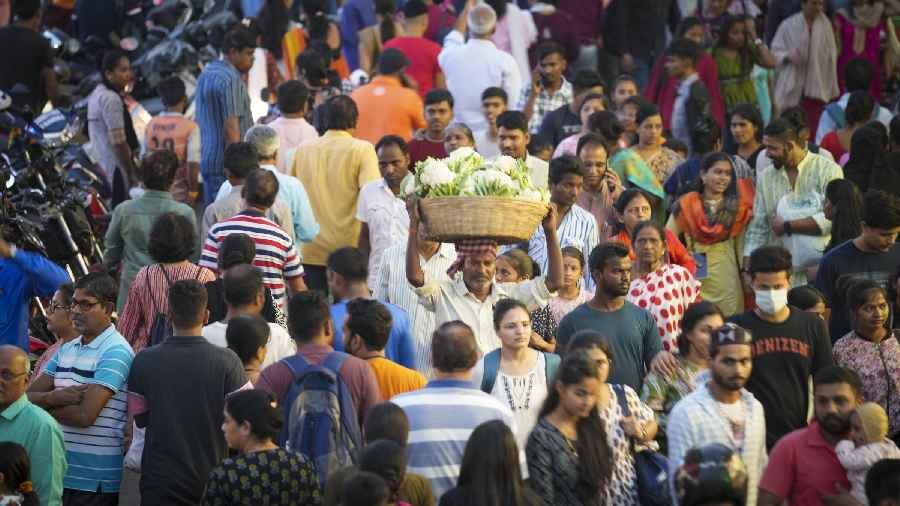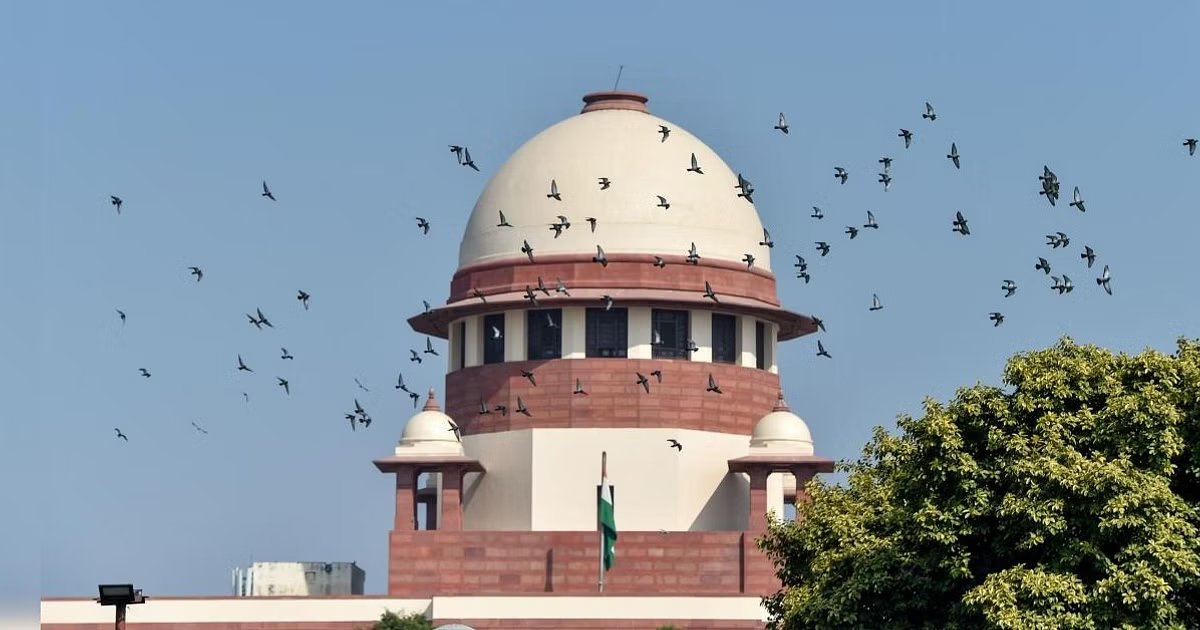NEW DELHI, July 11: Union Health Minister J P Nadda said on Thursday that the goal of ‘Viksit Bharat’ can only be achieved when the health of India’s families is well maintained and this can be accomplished by the smaller families, he stated.
He said the Centre and the states need to collectively work to ensure that women can exercise their right to make family planning choices and are not burdened by unwanted pregnancy.
Nadda virtually held a meeting with the states and the Union Territories (UTs) on the occasion of World Population Day. The theme of the event was ‘Healthy timing and spacing of pregnancies for the wellbeing of mother and child’.
He said the Centre and the states should also ensure that the unmet needs of contraceptives are met especially in the high burden states, districts and blocks.
Highlighting that one-fifth of global population is India’s, he stressed on the need to celebrate World Population Day as a reaffirmation and recommitment to working towards population stabilisation.
“The goal of Viksit Bharat can only be achieved when the health of India’s families is well maintained, which can be achieved by smaller families,” he stated.
“The Centre and the states need to collectively work to ensure that women can exercise their right to make family planning choices and are not burdened by unwanted pregnancy, and to ensure that unmet needs of contraceptives are met especially in the high burden states, districts and blocks,” he said.
The objective of the family planning (FP) programme needs to be ‘Birth by choice and by informed choice’, he stated.
Highlighting the government’s focus on securing a brighter, healthier future for all, including youth, adolescents, women and the elderly, the minister said, “Collaboration is key as we address upcoming responsibilities and recognise family planning and reproductive health as fundamental.”
Promoting healthy timing and spacing between births, achieving optimal family sizes and empowering voluntary adoption of contraceptive choices are crucial for nurturing healthier and happier families, thereby contributing to our nation’s brighter future, he stated.
Nadda spoke on ‘Mission Parivar Vikas’ (MPV), one of the successful schemes of the National Family Planning Programme, which was initially launched for 14 high priority districts (HPDs) in seven high-focus states and later expanded to cover all districts in these states and six northeastern states.
He emphasised the impact of the scheme and underlined the significant increase in access to contraceptives in these states and successful reductions in maternal, infant and under-five mortality rates.
“Making districts as the primary focal point of this scheme helped in bringing the TFR (Total Fertility Rate) down in the entire state. Mission Parivar Vikas has not only contributed to lowering the states’ TFR but also helped in the national TFR”, he stated.
“We need to work towards maintaining low TFR in the states that have already achieved it, and work towards achieving in other states,” he added.
Nadda cautioned the states and the UTs against getting complacent in these efforts and encouraged everyone to work towards bringing the TFR to replacement levels across all the regions in the country.
“We should also create a strategy based on states’ inputs and NFHS data to focus on those areas where TFR has not improved,” he said. (PTI)












